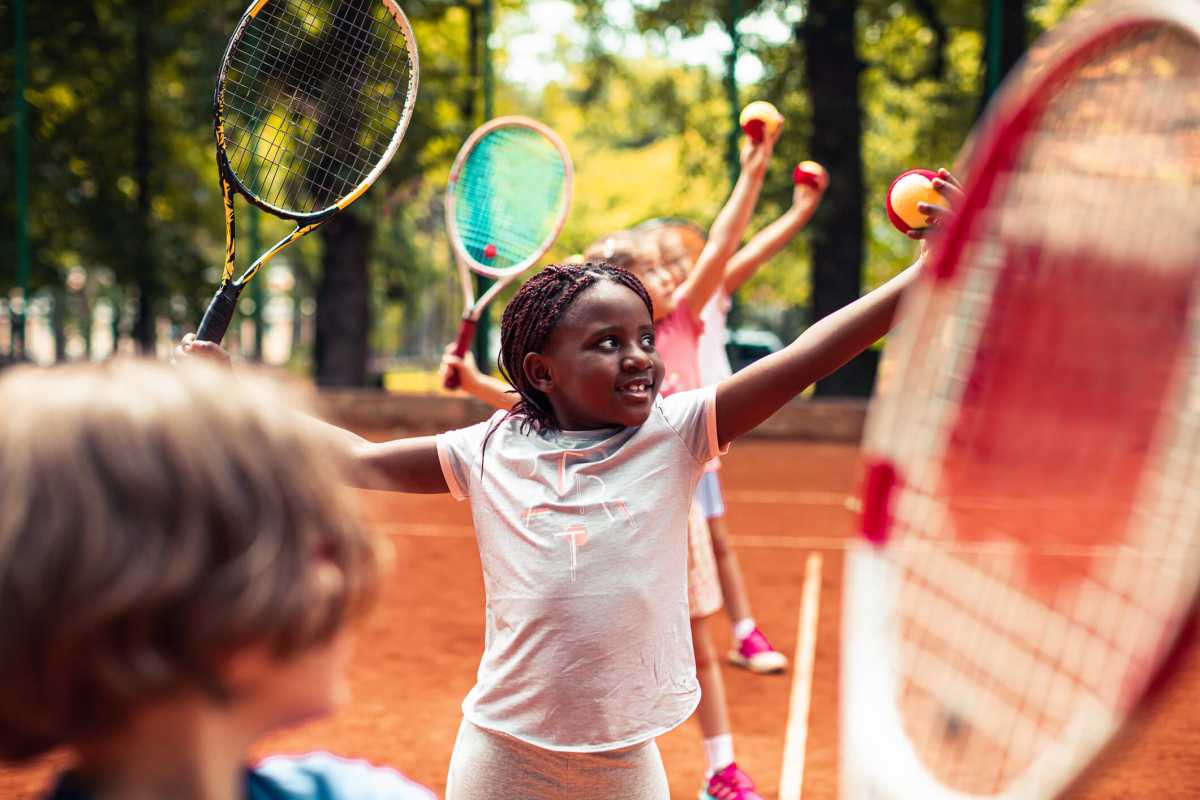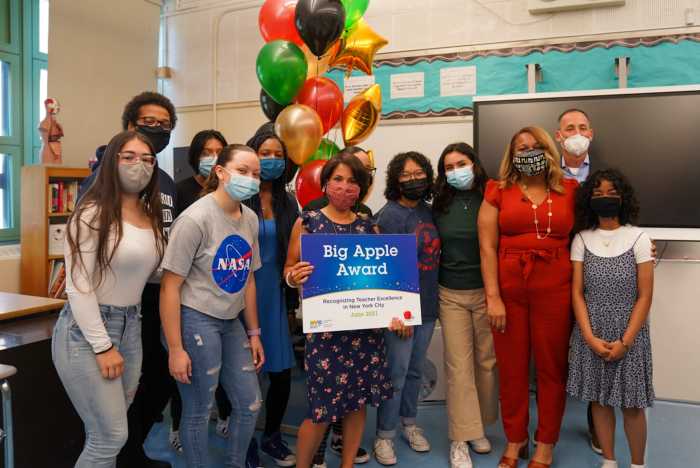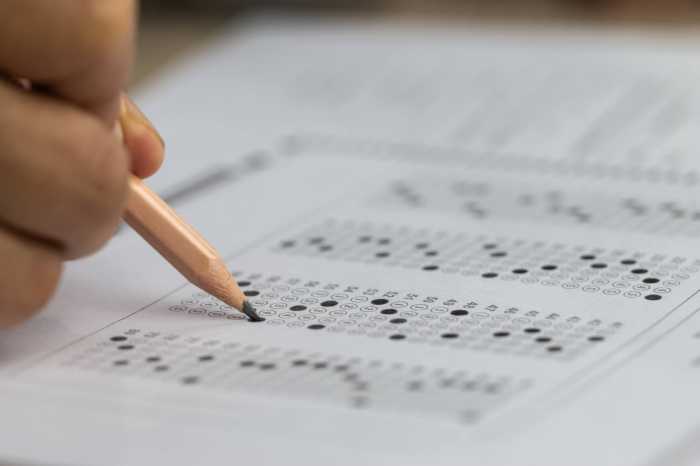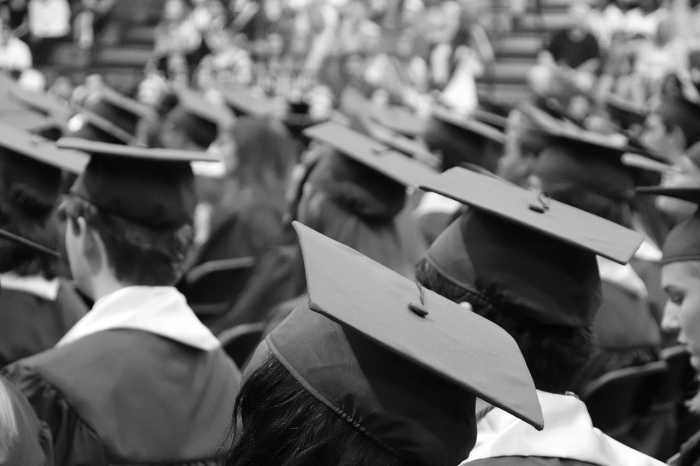Black and Latino students in New York City will have expanded access to after-school sports after a preliminary settlement has been reached earlier this week by New York Lawyers for Public Interest, the Public Schools Athletic League, and the Department of Education.
As part of the preliminary settlement, City officials will create at least 200 new sports teams by the year 2024 and the PSAL will work to help students at schools interested in playing sports find neighboring schools with appropriate playing space.
The City typically spends less money on sports teams per Black and Latino students compared to students of other races and Black and Latino students have access to fewer sports teams and fewer types of sports. Thousands of Black and Latino students in the city attend public schools with no team sports at all and are twice as likely to attend a school without a single sports team compared to students of other races, according to a press release.
“It has been about four years since I joined the fight for sports equity, but it’s been an even longer fight against social injustice. I joined this fight because I was once that kid amongst many others who did not know of our history and what was being taken from us. My hope when joining was to spread the truth to others who are unaware of the power of their voice. Sports along with education and our daily livelihood should continue to be fought for. The more people understand, the closer we get to a better, more inclusive life,” said Devaun Longley, one of the lead plaintiffs of the lawsuit.
The City will start work on crafting new teams this fall with the settlement expected to approve and finalize the settlement in the coming months, after giving class members the opportunity to weigh in. And after over a year and half of forced quarantine and canceled sports, the expanded access to sports is especially important for students’ physical health and mental health.
“As a student, I want a level playing field in academics as well as sports. Equality in sports impacts the health and self-development of students,” said Michael Pinckney, a high school senior at the High School for Construction, Trades, Engineering and Architecture
“New York City high school students, initially supported by Athletic Director David Garcia Rosen, challenged why their segregated schools—attended by mostly Black and Latinx students—had fewer sports teams than others and refused to accept inequality as inevitable,” said Co-counsel on the case, Katie Rosenfeld, Partner at Emery Celli LLP.































